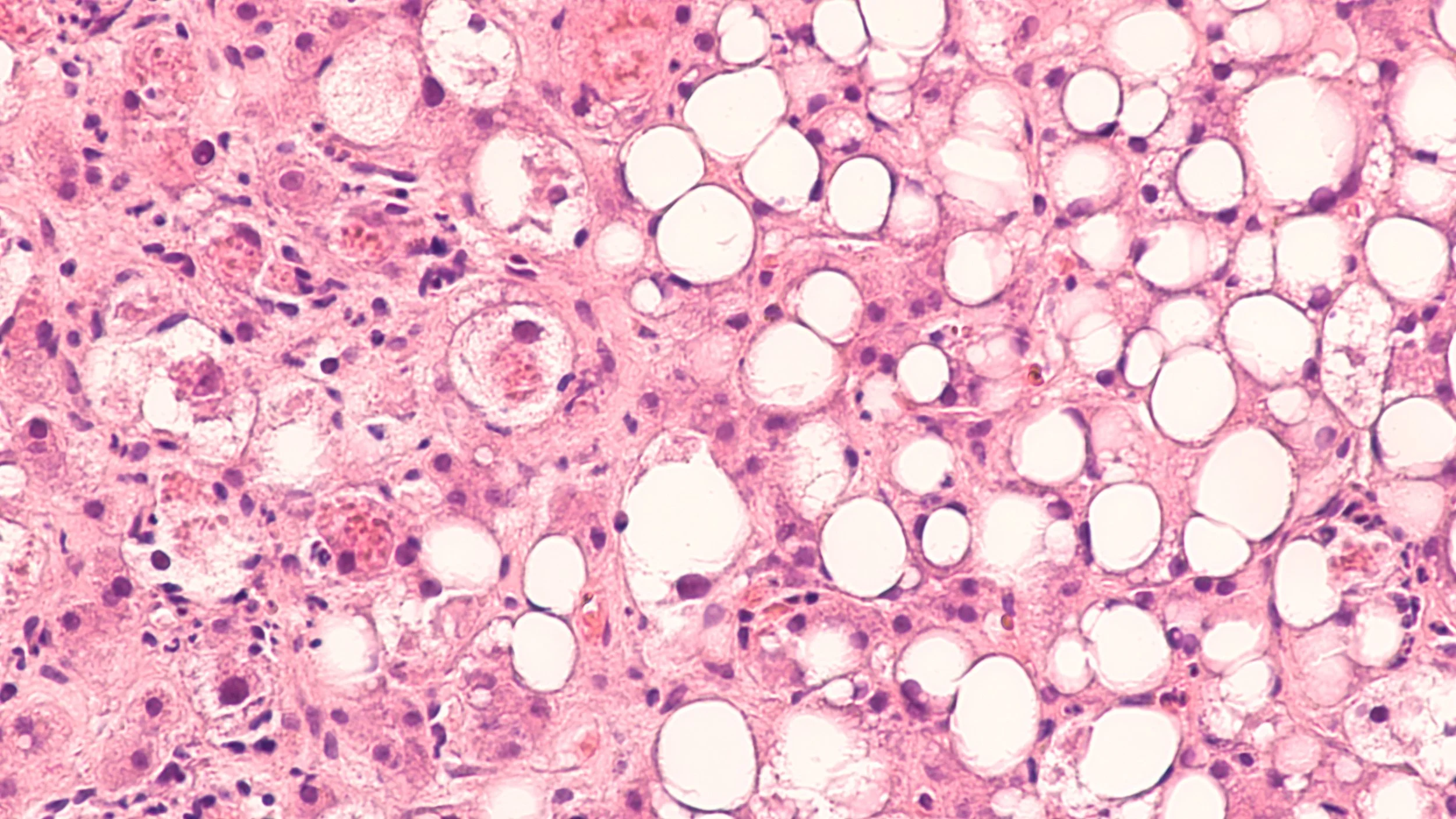Who you know may help you live a longer, healthier life
/A recent study found evidence demonstrating that a lack of social connection is associated with poorer physical and mental health. Researchers recommend that the medical community address the importance of social connections in developing public health policies for aging populations.
Read More



















